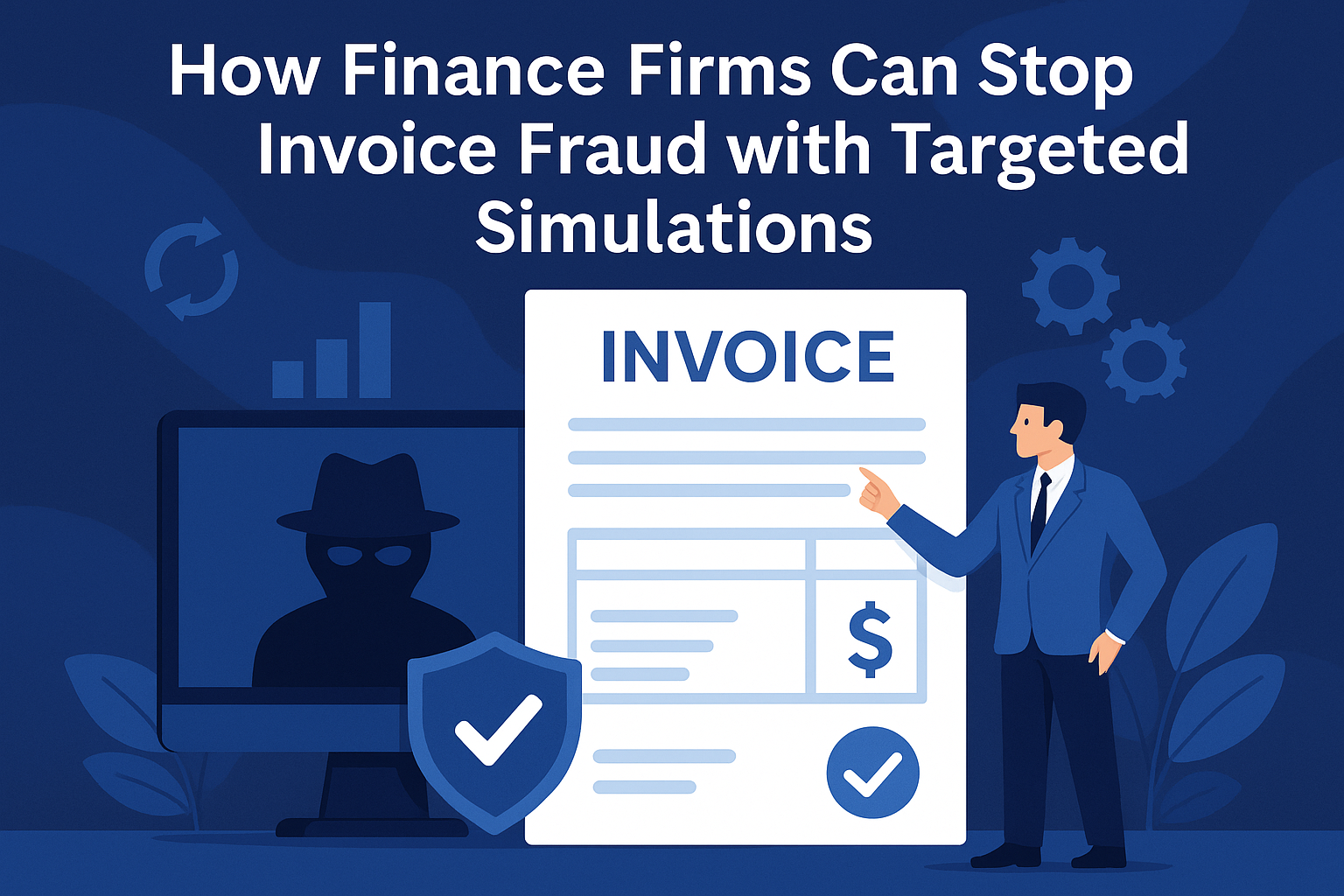Business
Best eCommerce Platform: A Comprehensive Guide to Choosing the Right Solution

Choosing the best eCommerce platform is a critical decision for any online business. The right platform can enhance your online store’s functionality, improve customer experience, and drive sales growth. With numerous options available, it can be overwhelming to decide which platform best suits your needs. This blog will explore the top eCommerce platforms, including their features, pricing, and essential apps to ensure your success.
What Makes an eCommerce Platform the Best?
When evaluating eCommerce platforms, it’s important to consider several key factors:
- Ease of Use: The platform should be user-friendly, allowing you to set up and manage your store without extensive technical knowledge.
- Customization: The ability to customize your store’s design and functionality to match your brand and meet your specific business needs.
- Scalability: As your business grows, the platform should be able to handle increased traffic and a larger product catalog.
- SEO and Marketing: Built-in tools and features to enhance your store’s visibility and drive traffic.
- Payment Gateways: Support for multiple payment methods to provide a seamless checkout experience for customers.
- Support: Access to reliable customer support and a wealth of resources to help you resolve issues and optimize your store.
Top eCommerce Platforms
Shopify
Shopify is one of the most popular eCommerce platforms, known for its ease of use and comprehensive features. It is a hosted solution, meaning Shopify takes care of all the technical aspects like hosting, security, and updates. This allows users to focus on building and growing their store.
Key Features:
- User-friendly interface with a drag-and-drop builder
- Wide range of professional themes
- Multiple sales channels, including social media and marketplaces
- Built-in SEO features
- Extensive app store for additional functionality
- 24/7 customer support
Shopify Pricing:
Shopify pricing is divided in 5 different areas as follows:
- Shopify Lite ($9/month): Allows you to sell on social media and add products to an existing website.
- Basic Shopify ($29/month): Includes an online store, unlimited products, two staff accounts, 24/7 support, sales channels, and discount codes.
- Shopify ($79/month): Adds professional reports, five staff accounts, and lower transaction fees.
- Advanced Shopify ($299/month): Offers advanced report builder, 15 staff accounts, third-party calculated shipping rates, and even lower transaction fees.
- Shopify Plus (Starting at $2,000/month): Designed for high-volume merchants, providing advanced features and dedicated support.
WooCommerce
WooCommerce is a free WordPress plugin that turns your WordPress site into a fully functional online store. It is highly customizable and ideal for those who are already familiar with WordPress.
Key Features:
- Open-source and free to use
- Extensive customization options with WordPress themes and plugins
- Supports multiple payment gateways
- Built-in blogging capabilities
- SEO-friendly
- Large community and extensive documentation
BigCommerce
BigCommerce is a robust eCommerce platform that caters to businesses of all sizes. It offers a wide range of features and is particularly known for its scalability and advanced SEO tools.
Key Features:
- User-friendly interface
- Professional themes
- Multiple sales channels
- Advanced SEO features
- Extensive app marketplace
- 24/7 customer support
BigCommerce Pricing:
- Standard ($29.95/month): Includes unlimited products, file storage, and bandwidth.
- Plus ($79.95/month): Adds abandoned cart recovery and customer groups.
- Pro ($299.95/month): Offers advanced features like Google customer reviews and custom SSL.
Magento
Magento is a powerful, open-source eCommerce platform favored by large businesses for its flexibility and scalability. It requires more technical expertise to manage but offers unparalleled customization options.
Key Features:
- Highly customizable with complete control over the code
- Advanced inventory management
- Multi-store management
- Extensive marketplace for extensions and themes
- Robust SEO features
- Scalable to handle large product catalogs and high traffic
Magento Pricing:
Magento Open Source is free to use, but you’ll need to factor in costs for hosting, domain, SSL certificates, and development. Magento Commerce (formerly known as Magento Enterprise) starts at around $22,000 per year.
Must-Have Apps for Success
To ensure your eCommerce store’s success, leveraging the right apps can enhance functionality and improve customer experience. Here are some must-have apps for succeed:
- Oberlo: Ideal for dropshipping, Oberlo allows you to import products directly from suppliers into your Shopify store and ship them to customers worldwide.
- Klaviyo: A powerful email marketing tool that helps you build and manage email campaigns, automate workflows, and analyze performance.
- Yotpo: Enhances your store’s credibility by enabling customer reviews and ratings. It also offers loyalty programs and referral incentives.
- Privy: Helps grow your email list and increase conversions with pop-ups, banners, and other on-site displays.
- Rewind: Provides automated backups for your Shopify store, ensuring that your data is secure and can be easily restored if needed.
- Smile.io: Implements a rewards and loyalty program, encouraging repeat purchases and fostering customer loyalty.
- Bold Subscriptions: Simplifies the management of subscription-based products or services with recurring billing and customer subscriptions.
- Plug in SEO: Optimizes your store for search engines by identifying and fixing SEO issues to improve your site’s visibility.
- Shopify POS: Integrates your online store with your physical retail operations, syncing inventory and sales data across all channels.
Conclusion
Choosing the best eCommerce platform for your business depends on your unique requirements, technical expertise, and budget. Shopify is an excellent choice for small to medium-sized businesses looking for an easy-to-use, all-in-one solution. Its extensive app store, including must-have apps like Oberlo and Klaviyo, can enhance your store’s functionality and drive success.
WooCommerce offers unparalleled customization for those familiar with WordPress, while BigCommerce provides robust features and scalability for growing businesses. Magento is ideal for large enterprises needing advanced customization and scalability.
By carefully evaluating the features, pricing, and support options of each platform, you can make an informed decision that sets your eCommerce business up for long-term success.
-

 Tech1 year ago
Tech1 year agoHow to Use a Temporary Number for WhatsApp
-

 Business2 years ago
Business2 years agoSepatuindonesia.com | Best Online Store in Indonesia
-

 Social Media1 year ago
Social Media1 year agoThe Best Methods to Download TikTok Videos Using SnapTik
-

 Technology1 year ago
Technology1 year agoTop High Paying Affiliate Programs
-

 Tech10 months ago
Tech10 months agoUnderstanding thejavasea.me Leaks Aio-TLP: A Comprehensive Guide
-

 FOOD12 months ago
FOOD12 months agoHow to Identify Pure Desi Ghee? Ultimate Guidelines for Purchasing Authentic Ghee Online
-

 Instagram3 years ago
Instagram3 years agoFree Instagram Auto Follower Without Login
-

 Instagram3 years ago
Instagram3 years agoFree Instagram Follower Without Login




















